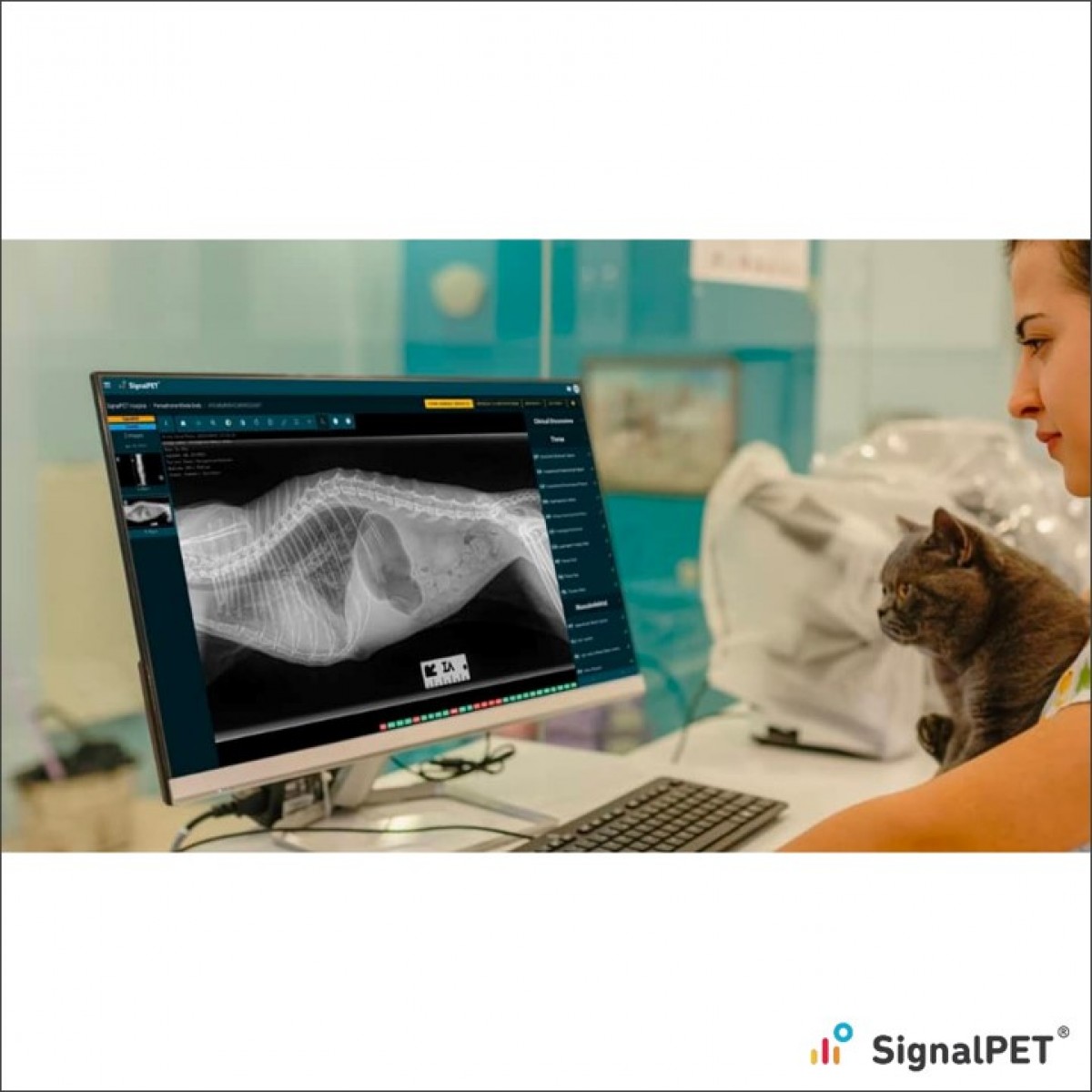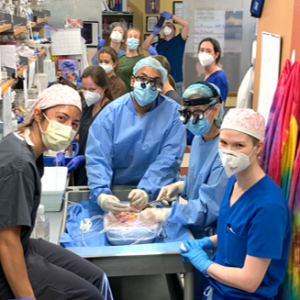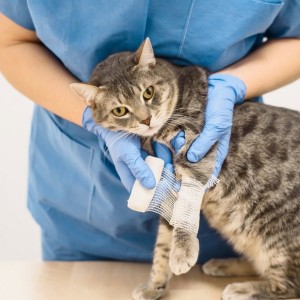Interview With Zoetis’ Dr. Casey Locklear
The United States Federal Drug Administration (FDA) recently approved a label extension for Revolution Plus (selamectin and sarolaner topical solution). The product was previously labeled for the treatment and control of tick infestations caused by three tick species, including Amblyomma maculatum (a.k .a. Gulf Coast tick), Dermacentor variabilis (a.k.a. American dog tick), and Ixodes scapularis (i.e., black-legged or deer tick). The new approval means the product can now be used to treat and control Amblyomma americanum (a.k.a Lone Star tick).
To learn more about this development, we sat down at VMX 2024 with Dr. Casey Locklear, U.S. Medical Lead for Feline Strategy and Parasiticides at Zoetis. Dr. Locklear graduated from Texas A&M College of Veterinary Medicine and has extensive practice experience, including small animal, equine, and exotic hoof stock. Since 2015, she has worked in industry, specializing in infectious disease control, pain management, leptospirosis, feline retrovirus, and improving veterinary visit and vaccination compliance. Dr. Locklear is also a Fear Free Certified Professional and a Certified Cat Friendly Practitioner through AAFP.Certified Compassion Fatigue Professional through the International Association of Trauma Professionals.
Would you please tell us about your role at Zoetis?
Dr. Casey Locklear (CL): I represent feline parasitology, as well as feline above-brand efforts, which focus on helping cats visit the veterinarian more frequently with less stress.
What are you promoting at VMX, and what is your message for veterinarians and veterinary technicians and nurses?
CL: We want people to see cats early and often. When you see a cat for their first kittenhood visit, we want you to encourage the owner to continue to partner with you throughout the cat’s life, because prevention is the key to success.
We also have good news about Revolution Plus. We recently added Lone Star ticks to the label, which makes the product the first feline prescription preventive with four ticks on the label. It’s incredible to know that we can give cats this extended protection.
Why is this an important development?
CL: Climate change is leading to ticks evolving and expanding, and the Lone Star tick is a particularly aggressive feeder on cats and other species. We have seen the Lone Star tick expand north and east, and this new approval allows better protection for cats. The ability to protect them from four tick species is especially important, since at least one species is active all year round, no matter the weather.
You mentioned Lone Star ticks are expanding. Where are they becoming more prevalent?
CL: Traditionally, Lone Star ticks were known as the primary vector for Cytauxzoonosis in places such as Oklahoma, Kansas, and Missouri. However, the species has spread its boundaries and is now prevalent from Texas eastward to Florida, and all the way north to Canada.
What feedback have you received from people at VMX about Revolution Plus’ label extension?
CL: Feedback has been extremely positive, especially from our cat minded practitioners. They are excited to have a low volume, once-a-month topical that is easy for the cat owner to apply. The product now protects against heartworm disease, four types of ticks, fleas, ear mites, hookworms, and roundworms.
What do you advise veterinarians who have trouble getting cat owners to provide year-round protection for their indoor cat?
CL: This is difficult for all practitioners, and we stand united in conveying the message to owners that year-round protection is important. First and foremost, heartworm disease is potentially fatal in cats, and factors, such as climate change and the movement of dogs, have caused heartworm disease to spread across the U.S. We need to ensure that all cats, including indoor only cats, are getting monthly protection year-round, no matter where they are in the U.S. Protection against the other parasites is an added bonus, and this product should be available for all cats.
Indoor cats can easily sneak outside, and parasites can enter your house, putting the cats at risk for exposure. In addition, some indoor cats are allowed outside for an hour or two a day or are leash trained, putting them at higher risk.
What else should veterinary professionals know?
CL: When talking to your cat clients, emphasize the importance of bringing them in for regular health checks and always subscribing to year-round parasite prevention. Get them in your door and keep them on broad spectrum year-round protection, because we are doing great things to advance feline healthcare.














List
Add
Please enter a comment